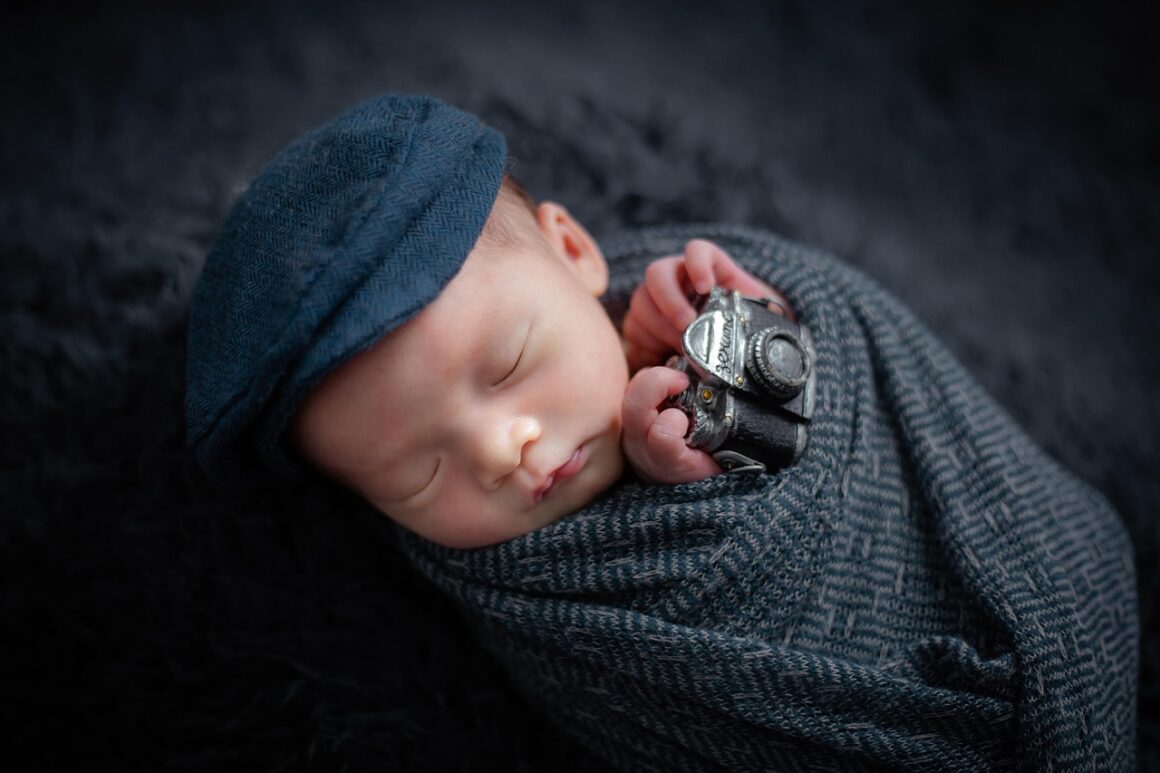In my life, I’ve been known as the “shy girl” or the “quiet girl,” as if that’s all that I am. My personality has often felt like a burden instead of empowering, and something I feel has held me back from many opportunities. I enjoy the person I am, but one thing I, and anyone else who is shy, quiet, or an introvert don’t understand is why it is seen as a negative trait.
Often, my personality has made it so that I’m underestimated. I may not speak as much as other people may, but that does not mean I am not as confident, smart, or capable as them. Since writing for Affinity Magazine, for example, I have received great amounts of positive feedback from my friends and my family. However, I’ve also received the backhanded compliment of “I never thought you’d be writing articles, you seemed so shy.” Because a person is shy or quiet does not mean they can’t accomplish feats such as writing for a magazine.
The most annoying question any quiet person can get is “Why don’t you talk?” or “You don’t like talking, huh?” We do. We can speak. Usually, if I’m not speaking it’s because I feel there is nothing to be said, or I’m listening. People have the wrong assumption that quiet people are not talking because they are scared, lack confidence, or need help in starting a conversation. But that isn’t the case for me and for many others, it’s simply just we don’t feel like talking. People who aren’t very talkative can still have the social skills and confidence to have conversation. It usually only becomes an issue when other people point it out, trying to “force them into spitting out more words for the sake of words.”
“First, many people are pretty comfortable with not talking very much, for various reasons other than having low self-confidence or bad social skills. Or at least they are comfortable until someone makes a point of how little they are talking and tries to awkwardly force them into spitting out more words for the sake of words.” –6 Misleading Assumptions You Make About Quiet People
Another factor in my life that has been affected by other people’s bias towards shy, quiet, or introverted people is that they don’t see them as someone they’d want to be friends with. I can remember specific times where people have claimed to not like me because I’m “too quiet,” and have had trouble making friends because of it. In a study done by Xinyin Chen and Kenneth Rubin of the University of Waterloo in Ontario, Canada, and Yuerong Sun of Shanghai Teachers University, the fact that Western cultures value more outgoing people is inferred. In Canada, the shy, sensitive kids were the “least desirable” friends, but in China, those were the most sought after, suggesting that cultural norms have a lot to do with how you’re accepted by others.
I never let myself be put down by the remarks or attitudes people have made towards me because of my personality, but for others it can be harder. People can come to think that something is wrong with them if they’re not as talkative or outgoing as others when really there isn’t. One way to not be subject to this is to remind yourself of your abilities and your strengths. In an interview with author Susan Cain for Scientific American she talks about the power of introverts, further explains the extroversion bias and the misconceptions people have about introverts. We should all remember that being shy, quiet, or introverted is not a bad thing but rather embrace people with these personality types and stop treating them as if they’re wrong and accepting they can do as much as extroverted, outgoing, and talkative people can.




